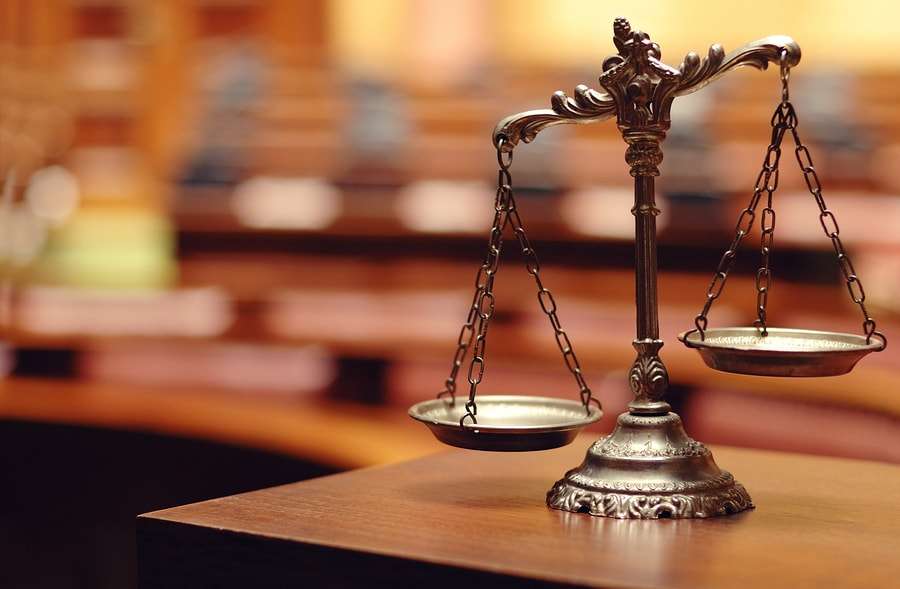The Volokh Conspiracy
Mostly law professors | Sometimes contrarian | Often libertarian | Always independent
The problem with jury nullification

In his recent post, my friend and co-blogger Ilya Somin suggests that encouraging jury nullification might be a good idea because jurors can exercise discretion that prosecutors have wrongly failed to exercise. Ilya quotes from an op-ed by Glenn Reynolds that makes the argument:
Of course, prosecutors have essentially the same power, since they're under no obligation to bring charges against even an obviously guilty defendant. But while the power of juries to let guilty people go free in the name of justice is treated as suspect and called "jury nullification," the power of prosecutors to do the exact same thing is called "prosecutorial discretion," and is treated not as a bug, but as a feature in our justice system. But there's no obvious reason why one is better than the other. Yes, prosecutors are professionals - but they're also politicians, which means that their discretion may be employed politically. And they're repeat players in the justice system, which makes them targets for corruption in a way that juries - laypeople who come together for a single case - aren't.
I'm not persuaded. As I see it, there at least two big problems with jury nullification that make jury discretion much more problematic than prosecutorial discretion.
First, prosecutors know the facts needed to make decisions in the name of justice while juries generally don't. Prosecutors are supposed to make a decision to prosecute after learning things like the suspect's criminal record, the full scope of his conduct (including the inadmissible parts), how much a prosecution might deter future crimes, and what the punishment might be if the suspect is convicted. Prosecutors can get the facts and make a call.
We might disagree with a prosecutor's decision, of course. But the prosecutor at least has access to the information needed to make the decision.
Jurors usually don't have that information. Jurors are not told what they would need to know to decide what is just. We keep such information away from jurors to help ensure a fair trial and preserve other values in the criminal justice system. The jurors normally don't know about the defendant's criminal record and past bad acts, as we don't want the jury to just assume that someone who has done bad things before is probably guilty this time, too. Jurors aren't told of the inadmissible evidence, such as evidence excluded under the Fourth, Fifth, and Sixth Amendment, to encourage compliance with those provisions of the Constitution. And we don't explain to jurors why a particular prosecution is thought to further the purposes of punishment because, among other reasons, doing so would take a lot of time and distract jurors from the question of guilt or innocence.
In that system, encouraging jury nullification is a recipe for arbitrariness instead of informed judgment.
Second, jury discretion is less democratically accountable than prosecutorial discretion. Criminal prosecutions are democratically accountable in two ways. First, before the crime occurs, the elected legislature must enact a law saying that, in general, the conduct should be punished. Second, after the crime occurs, elected executive officials and their employees must make a judgment that the specific conduct by the specific individual merits prosecution. Because prosecutors are repeat players who work for elected politicians, prosecutorial decisions in the aggregate are ultimately subject to review by a majority of the voters. If the voters don't like how a prosecutor's office has exercised discretion, the voters normally can vote to throw out the head of the office. Both the general judgment ex ante and the specific judgment ex post have to match for a prosecution to be brought.
It's a different picture with juries. You might think of juries as a representative of "the People" and therefore assume they are democratically accountable. But note that in criminal cases, the law normally requires juries to be unanimous in order to render a guilty verdict. It takes only a single juror to block a conviction. The evidence can be overwhelming, and eleven of the jurors can believe fervently that a particular case is the most compelling prosecution ever brought. But a single juror, accountable to no one, can put the kibosh on the case based on his own vision of justice that may have no connection to anyone else's. We don't normally think of placing all the power in one unelected person who answers to no one as a democratically accountable approach.
I recognize the intuitive appeal of jury nullification. If you don't like a particular kind of case that keeps being brought, jury nullification might look like a way to bring about a better world. If you're the juror, your nullification can singlehandedly undo the decisions of the legislators and executive officials (and the sheep who voted them into office) who are so obviously wrong about the public interest. The more confident you are in your abilities to understand what others don't, the better jury nullification sounds. But consider that people with your wisdom and judgment can't be on every jury. When you consider all the juries, the effect of encouraging nullification is likely to make the system more arbitrary and less accountable rather than more wise.
Finally, some of the arguments for jury nullification sound like arguments for executive clemency in slight disguise. Executive clemency should be a critical part of any criminal justice system. Decisions to grant executive clemency are made by a democratically accountable office, however, after a review of all the facts. That's not true with jury nullification.


Show Comments (0)